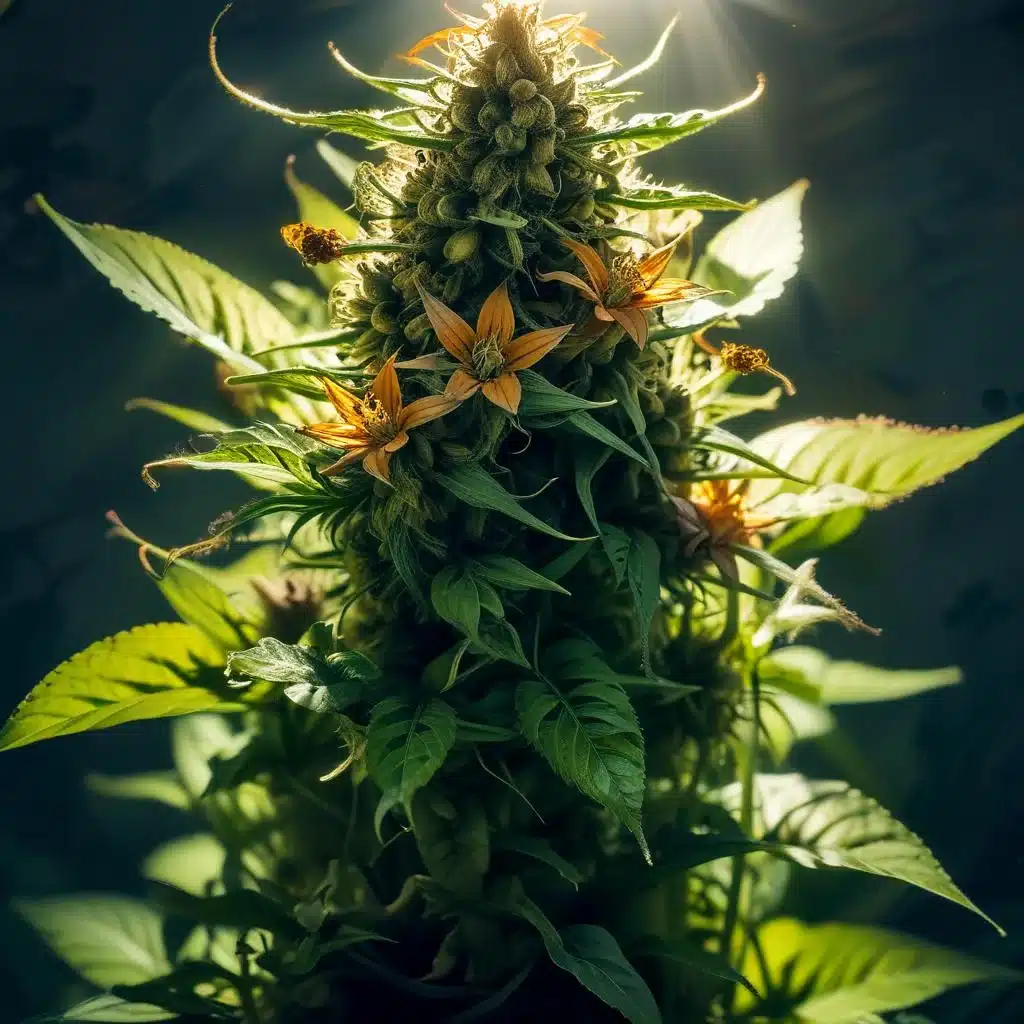Table of Contents
Marijuana cultivation has evolved significantly over the years, with growers increasingly turning to high-quality seeds to produce plants with desired traits and characteristics. The genetics of marijuana seeds play a crucial role in determining the phenotypes of the resulting plants, influencing factors such as potency, flavor, yield, and growth patterns.
In this article, we’ll explore how marijuana seeds influence plant characteristics and highlight some of the best marijuana seeds available to growers.
Understanding Genetics and Phenotypes:
Before delving into the specifics of marijuana seeds, it’s essential to understand the relationship between genetics and phenotypes. Genetics refers to the genetic makeup of a plant, which is determined by the combination of genes inherited from its parent plants.
Phenotypes, on the other hand, are the observable traits or characteristics of a plant, influenced by its genetic makeup as well as environmental factors. By selecting marijuana seeds with desirable genetic traits, growers can cultivate plants with specific phenotypes tailored to their preferences and cultivation goals.
The Importance of Quality Seeds:
When it comes to marijuana cultivation, the quality of seeds is paramount. High-quality seeds ensure genetic stability, germination success, and consistent phenotypic expression. The best marijuana seeds are sourced from reputable breeders who meticulously select and stabilize desirable traits through careful breeding techniques. By investing in quality seeds, growers can minimize the risk of genetic inconsistencies, maximize yield potential, and produce premium-grade cannabis with desired characteristics.
Influence of Genetics on Plant Characteristics:
The genetics of marijuana seeds play a significant role in shaping various plant characteristics, including cannabinoid profile, terpene composition, growth structure, flowering time, and resistance to pests and diseases.
Different strains exhibit unique combinations of traits inherited from their parent plants, resulting in a wide range of flavors, aromas, and effects. By selecting seeds with specific genetic profiles, growers can tailor their cultivation efforts to produce plants with desired traits, whether it be high THC content for recreational use or CBD-rich strains for medicinal purposes.
Strain Selection and Cultivation Goals:
When choosing marijuana seeds, growers should consider their cultivation goals and preferences. Whether seeking strains with uplifting effects, sedative properties, or therapeutic benefits, there are countless options available to suit various needs and preferences.
Indica-dominant strains typically exhibit relaxing effects and are well-suited for nighttime use, while sativa-dominant strains offer energizing effects and are ideal for daytime consumption. Additionally, hybrid strains combine the best of both worlds, offering a balance of effects that cater to a wide range of consumers.
Environmental Factors and Phenotypic Expression:
While genetics play a significant role in shaping the characteristics of marijuana plants, environmental factors also play a crucial role in determining phenotypic expression. Factors such as light, temperature, humidity, soil composition, and nutrient availability can influence plant growth, yield, and cannabinoid production.
Even plants with identical genetic makeup may exhibit variations in phenotype due to differences in environmental conditions. Therefore, growers must optimize growing conditions to maximize the expression of desired traits and achieve optimal yields.
Selective Breeding and Genetic Modification:
In addition to selecting high-quality seeds, some growers engage in selective breeding and genetic modification to further enhance desirable traits in marijuana plants. Through careful crossbreeding and selection of parent plants with specific characteristics, breeders can create new strains that exhibit novel flavors, aromas, and effects.
Genetic modification techniques such as hybridization, cloning, and genetic engineering offer growers the opportunity to manipulate the genetic makeup of cannabis plants to achieve desired outcomes. However, it’s essential to approach genetic modification with caution and prioritize safety, ethics, and regulatory compliance.
Diversity and Innovation in Seed Breeding:
The field of seed breeding is constantly evolving, with breeders continually developing new and innovative strains to meet the evolving needs and preferences of consumers. From classic heirloom varieties to cutting-edge hybrids, there is a wide range of cannabis seeds available to suit various cultivation goals and consumer preferences.
Breeders are increasingly focusing on traits such as terpene diversity, cannabinoid potency, and resistance to pests and diseases, pushing the boundaries of what’s possible in cannabis cultivation. This diversity and innovation in seed breeding ensure that growers have access to a diverse array of strains to explore and experiment with.
The Future of Cannabis Genetics:
As legalization and acceptance of cannabis continue to grow worldwide, the future of cannabis genetics looks promising. Advances in technology, such as genome sequencing and molecular breeding techniques, hold the potential to revolutionize the field of cannabis genetics, enabling breeders to unlock new insights into the plant’s genetic makeup and develop strains with even greater precision and efficacy.
Additionally, increased collaboration and knowledge-sharing among breeders, researchers, and growers are driving innovation and pushing the boundaries of what’s possible in cannabis cultivation. As we look to the future, the possibilities for cannabis genetics are endless, offering exciting opportunities for discovery, exploration, and innovation in the world of cannabis cultivation.
Conclusion
In conclusion, the genetics of marijuana seeds play a crucial role in determining the phenotypic expression of cannabis plants. By selecting high-quality seeds with desirable genetic traits, growers can cultivate plants with specific characteristics tailored to their preferences and cultivation goals.
Whether seeking strains with potent effects, unique flavors, or therapeutic benefits, the best marijuana seeds offer endless possibilities for cannabis enthusiasts and cultivators alike.


